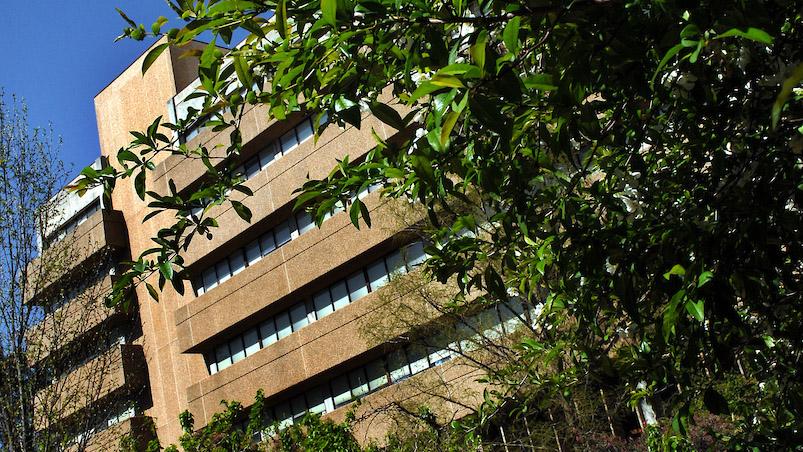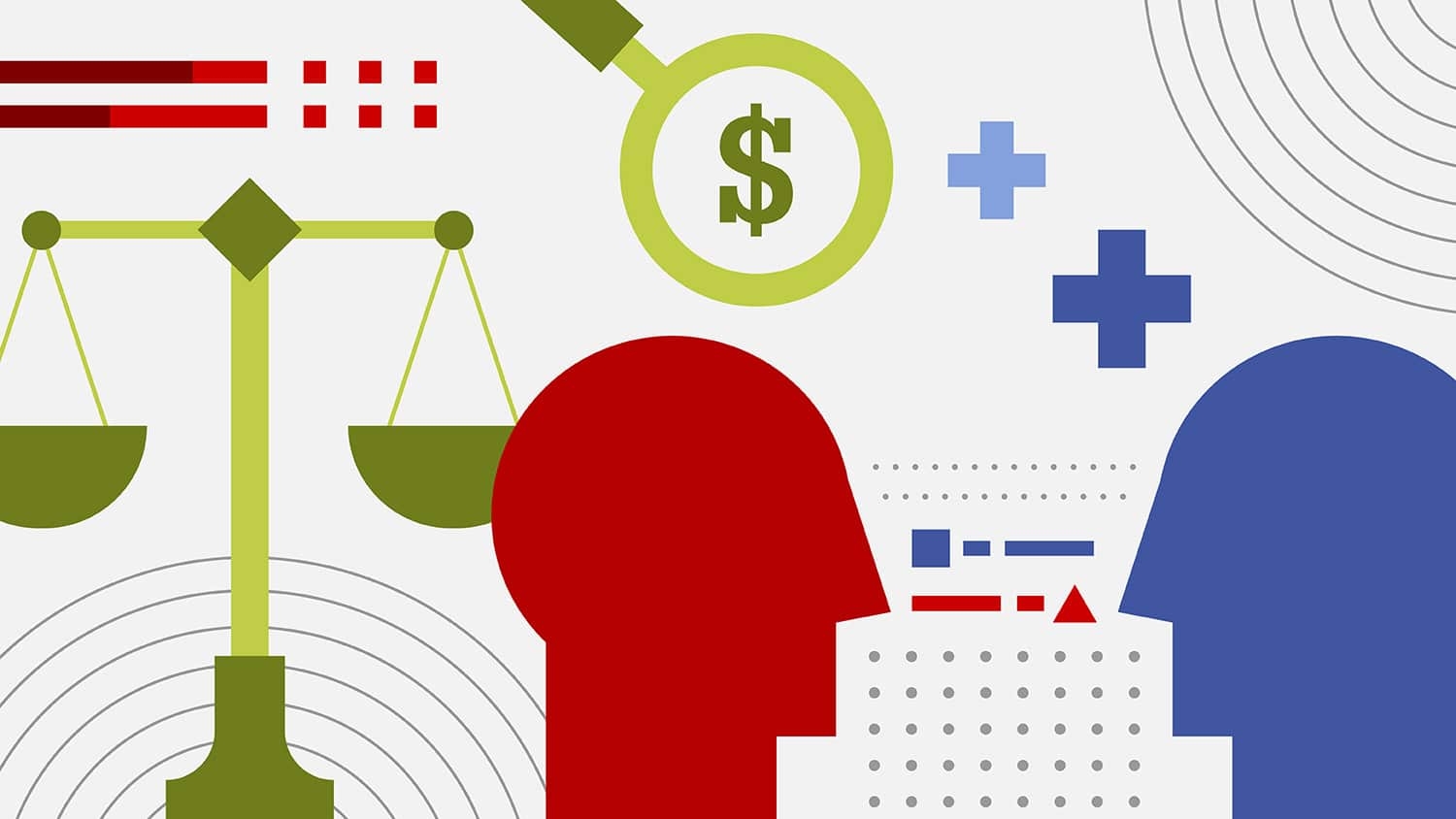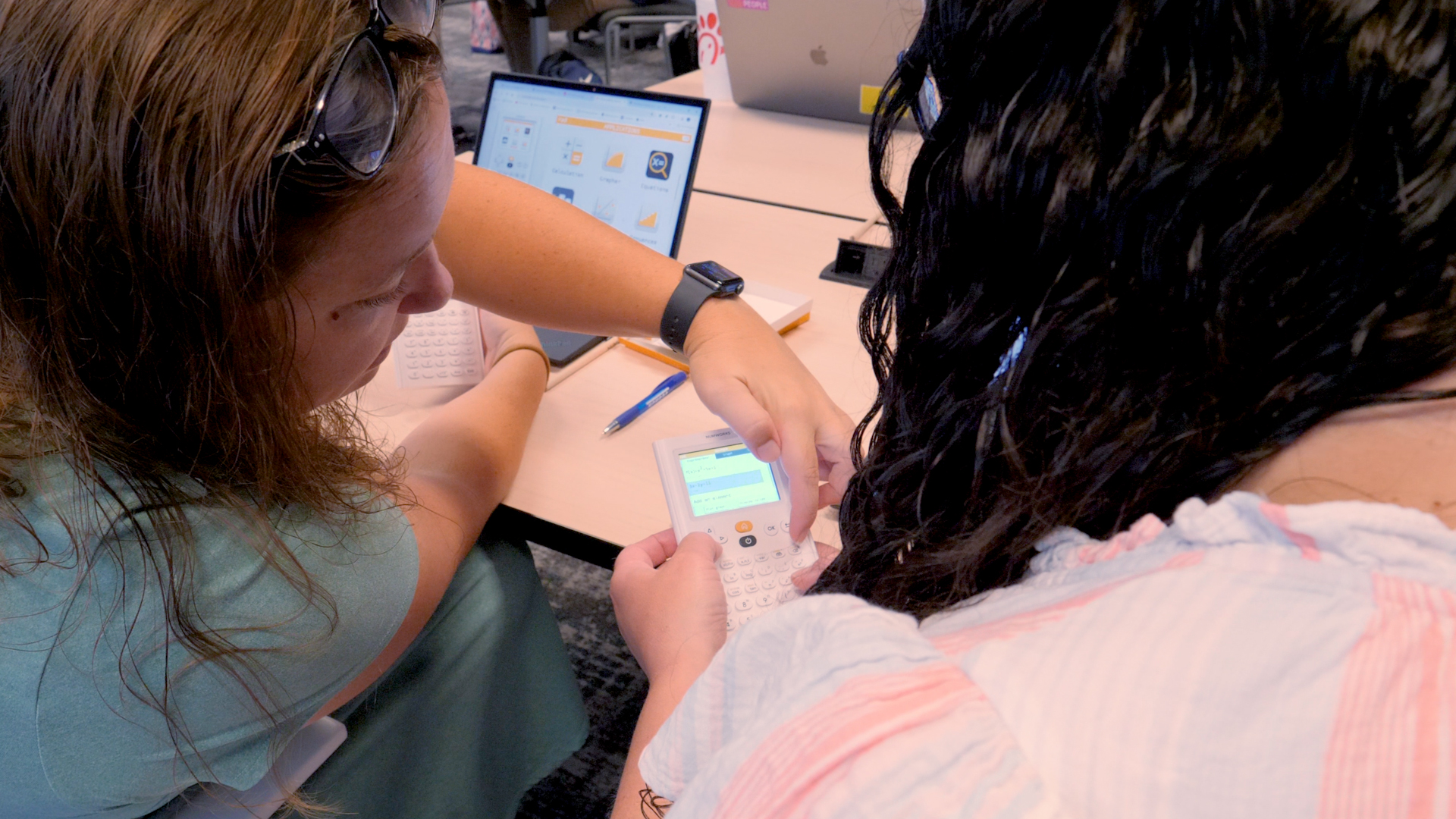Graduate Education Week | How Graduate Students’ Research Impacts Education

To coincide with NC State’s Graduate Education Week, which begins March 20, we talked to two graduate students in the College of Education who recently presented at the 4th annual Scholar-Practitioner Symposium:
- Thomas Greene: “Service Learning as a Gateway to Constructivist Pedagogy for Asian International Students at a U.S. Institution of Higher Education”
- Rebekah Dunstan: “Understanding the Decision-making Process of Students of Color to Participate in Sustainability Programs”
Held in early March, the symposium is a professional development initiative providing graduate students, faculty and professionals with an opportunity to present research about today’s most pressing issues in education to a community of scholars.
Thomas Greene
Doctoral Student, Educational Research and Policy Analysis
“Service Learning as a Gateway to Constructivist Pedagogy for Asian International Students at a U.S. Institution of Higher Education”
Why did you choose to pursue your particular area of research?
As a scholar-practitioner and international educator at a public university, I seek ways of re-imagining and re-purposing familiar tools that can be used in new ways. In working with international students coming to the U.S., I had long ago realized that their challenges are generally not related to their work ethic, comprehension of the material or motivation. Instead, it seemed there were obstacles related to a more basic need to fit into the new cultural environment and to be able to access and participate in the type of educational practices that are carried out in the U.S. I wanted to take a closer look at whether a relatively standard, immersive service-learning experience could aid with Asian students’ adjustment to their new learning environment at a large U.S. university.
What did you want people to learn from your presentation?
That the needs of Asian (and other international students) are not so mysterious. They need to have more basic needs (liking feeling included in the community) met before they can reach a point of self-actualization that is associated with overall student success. Also, many educators overlook the cultural values associated pedagogy and epistemology. Coming to a university campus is as much a cultural, psycho-social transition as it is a test of academic and intellectual aptitudes. Even gifted students need to adjust in order to be successful in a new culture and there are things that institutions can continue to do to aid in international student adjustment.
How do you hope to change/improve education through your research?
Mostly I hope that barriers between domestic and international students continue to erode with the help of thoughtful and purposeful curricular and co-curricular opportunities. There is a sensitivity to the needs of international students, but there is also a lot to be learned about how best to support international students while also offering high-impact, global-learning and cross-cultural opportunities to diverse domestic student populations right here through those thoughtful and purposeful opportunities. My research and work seek to build on tried and true programs but in such a way as to practically connect the needs of international and diverse domestic students in a locally global learning environment.
What have you learned during your time in the College of Education that has changed the way you approach research and education?
I learned a great deal about the challenges that are common for many underrepresented students who are admitted and attend a primarily white institution. Good students who excelled in their earlier environment often struggle academically and emotionally because of the loss of community and feeling of isolation. While overall institutions of higher education have made strides toward supporting student success through engagement opportunities, there has been a general lack of such institution-wide effort for international students. During my time as a Ph.D. student at NC State I’ve come to understand the privilege that is too often associated with self-actualization in higher education and that too often talented students struggle for largely non-academic reasons. Like other underrepresented students, international students offer immeasurable value and diversity to the campus community. Through my Ph.D. studies I’ve learned better how to support global education now in my current job, and also how to research and implement positive changes for the future.
Rebekah Dunstan
Master’s Student, Higher Education Administration
“Understanding the Decision-making Process of Students of Color to Participate in Sustainability Programs”
Why did you choose to pursue your particular area of research?
Two years ago I was attending the Association for the Advancement of Sustainability in Higher Education conference and had an “a-ha” moment. I looked around and realized the overwhelming majority of attendees were white females. This concerned me because we are trying to solve global sustainability challenges but do not include all populations in our decision making process. Sustainability is a critical topic in higher education and globally so it is vital that student sustainability programs are diverse. When I got back to campus I became really interested in better understanding the lack of diversity in sustainability programs. I want to find out how to improve sustainability student programs. Diverse student sustainability programs prepare students to solve global challenges from an interdisciplinary perspective, as well as expose and prepare students for career opportunities in the sustainability industry.
What did you want people to learn from your presentation?
I hope that my presentation will inspire people to think more critically about sustainability. I also hope that my presentation will help people understand a broader definition of sustainability that goes past just the environment to include the social and economic aspects. I am most passionate about social sustainability — I hope that my passion will motivate others to want to help contribute to equitable sustainable solutions.
How do you hope to change/improve education through your research?
I hope that my research will help us be able to better design sustainability student programs that attract diverse students and provide meaningful experiences for all participants. I believe that participation in extracurricular activities can help students find their passion and expose them to career opportunities. I hope that more diverse student sustainability programs will lead to more diverse leaders in the sustainability industry.
What have you learned during your time in the College of Education that has changed the way you approach research and education?
Dr. Paul Umbach has taught me a great deal about research! He has challenged me to think very critically about the design approach and how to evaluate/select the best methods. The higher education administration curriculum has helped me better understand how important experiences outside the classroom are for students. This encourages me to conduct research and find best practices for student programs.
- Categories:


